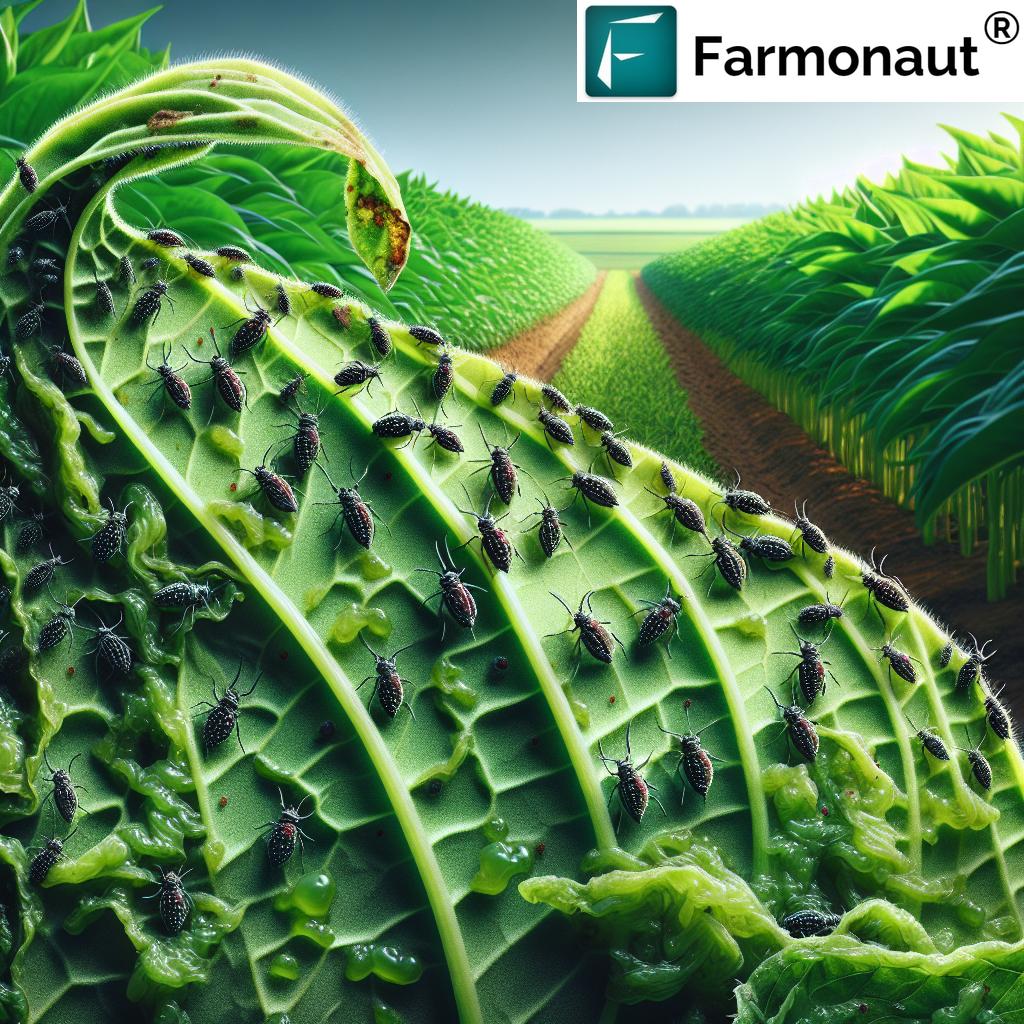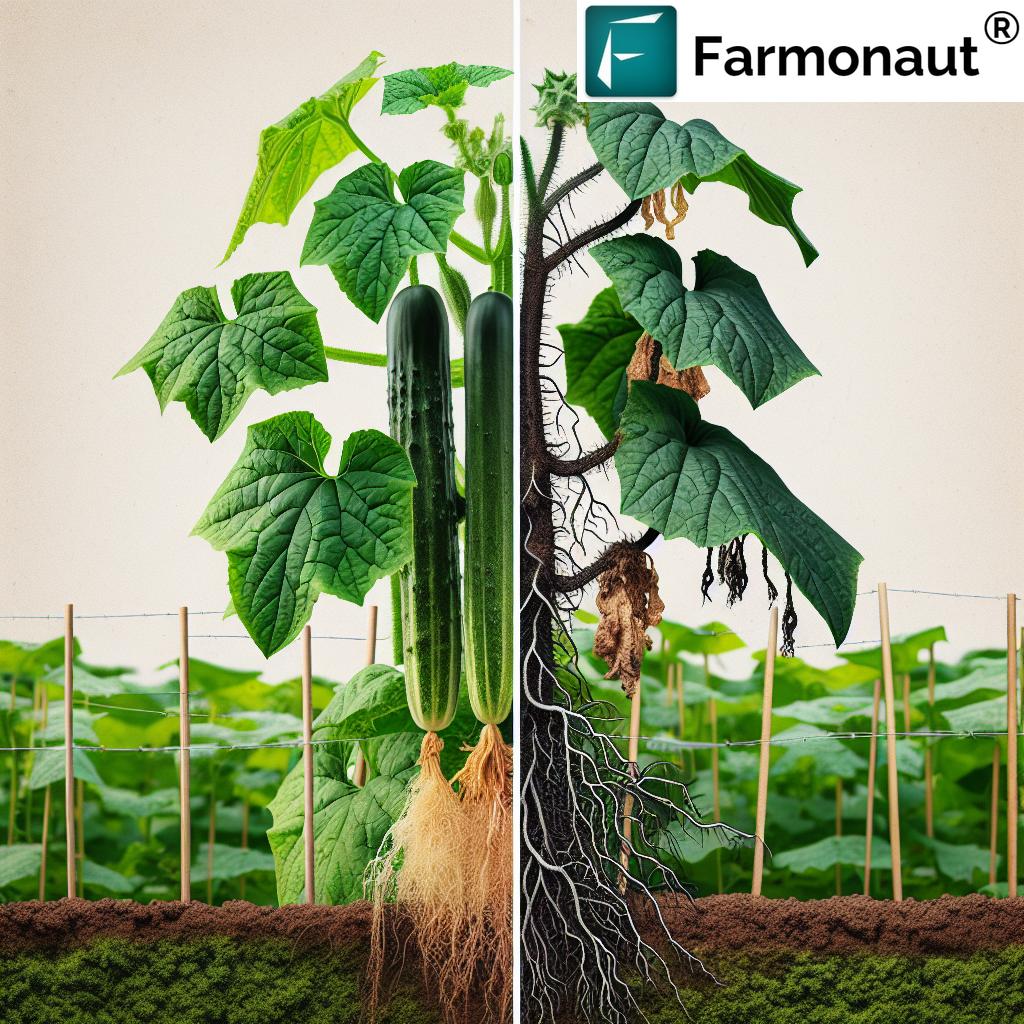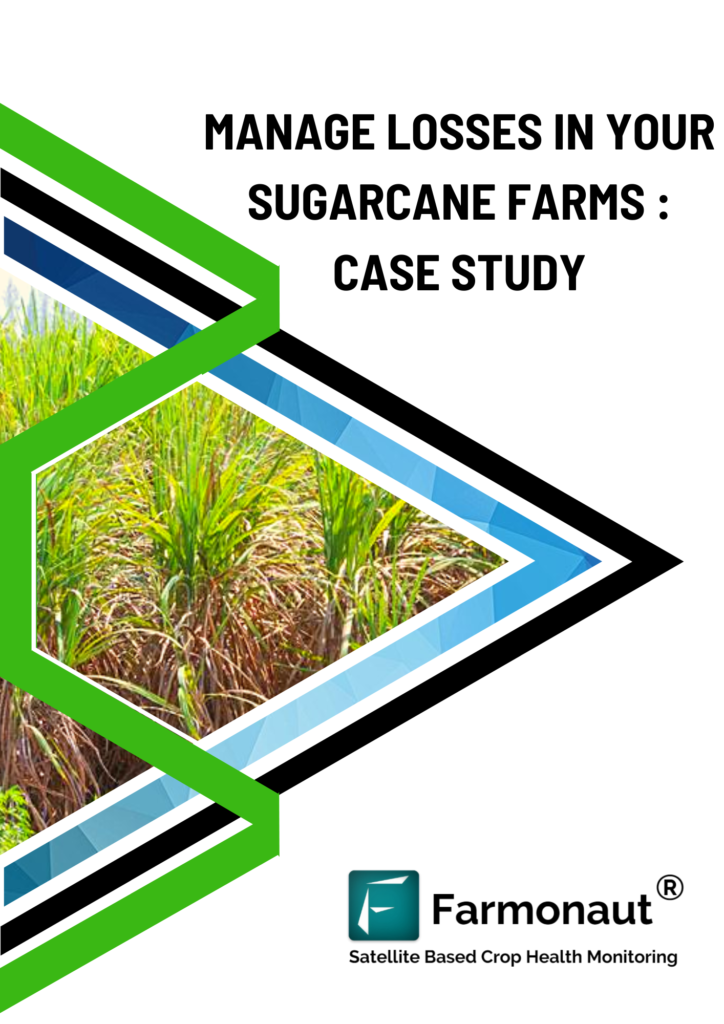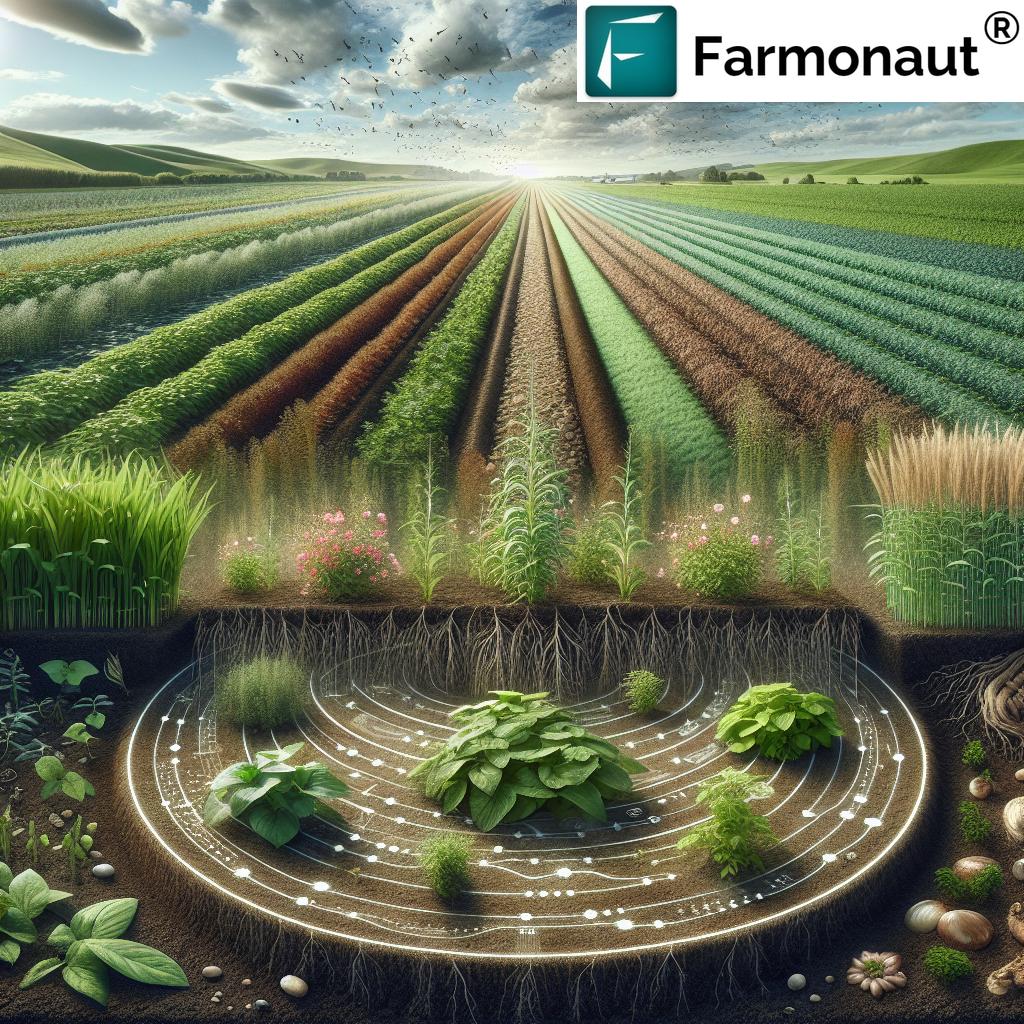Best Careers in Agriculture 2025: Top Jobs & Farming Careers
“By 2025, over 60% of new agriculture jobs will require skills in data analysis and precision technology.”
Exploring Agriculture Careers and Jobs in 2025: Opportunities & Trends
As we approach and enter 2025, agriculture remains one of the world’s oldest and most vital industries, forming the foundation of global food security, economic growth, and rural development. With technology advancing rapidly, agriculture career jobs and opportunities are transforming—offering a blend of innovative roles that go well beyond traditional farming practices. The future of agriculture careers is dominated by integration of advanced technologies, sustainability, and new management approaches, making the sector a promising choice for individuals seeking meaningful, rewarding, and future-focused jobs in agriculture.
This article offers an in-depth guide for exploring agriculture careers jobs, focusing on the best careers in agriculture for 2025—highlighting technology, sustainability, top jobs, and exciting emerging roles. We cover skills, education, trends, salary insights, and the transformative impact of digital tools, precision farming, biotechnology, and environmental management on the sector.
The Growing Importance of Agriculture Careers Jobs in 2025
Agriculture is the backbone of the world’s food system and a primary engine for rural and economic development. Despite waves of urbanization and industrialization, the sector continues to employ millions globally. In 2025, agriculture remains essential for food production, environmental protection, and job creation—with critical roles spanning from the farm to the fingertips of the tech industry.
The demand for skilled professionals who can innovate and adapt to changing climatic conditions and consumer behaviors is rapidly increasing. Our food systems are being challenged by climate variability, a growing world population, and the need to minimize environmental impact. As a result, best careers in agriculture now include jobs in agronomy, agricultural engineering, precision farming, data analysis, sustainability management, agribusiness, biotechnology, and resource conservation.
In 2025, careers in agriculture are no longer confined to manual labor or seasonal jobs. Instead, the sector now encompasses a wide array of digital and science-driven specialties. Professionals with skills in advanced technologies, environmental management, and data-led decision-making are highly valued and crucial to feeding our changing world.
- Global demand for food, fiber, and sustainable resources fuels expansion in the sector.
- Environmental changes force continuous innovation in farming methods and management systems.
- Consumer needs—ranging from organic produce to ethically sourced foods—drive business and technological evolution.
Key Trends: How Technology is Shaping Agriculture Career Jobs
- Precision Agriculture: Technologies such as satellite monitoring, IoT sensors, AI, and drones are transforming how crops are grown, managed, and harvested, creating diverse agriculture careers jobs in data analysis, remote sensing, and system operations.
- Sustainability Focus: The sector is rapidly shifting towards more sustainable and environment-friendly practices, spawning new roles centered on environmental management, carbon footprinting, and regenerative agriculture.
- Biotechnology Integration: The application of genetic engineering, tissue culture, and molecular diagnostics is fueling jobs in advanced seed breeding, disease resistance, and crop enhancement.
- Digital Agribusiness & Management: Business and supply chain roles are now more data-driven, transparent, and responsive—with opportunities in traceability, logistics, and market analysis.
- Food Security and Global Markets: As developing economies and urban centres boom, agriculture careers jobs addressing food safety, nutrition, and supply chain resilience are in high demand.
Furthermore, agriculture is becoming a leading employer for STEM professionals, offering opportunities that combine field expertise with digital innovation, business strategy, and sustainable stewardship.
Best Careers in Agriculture in 2025: Top Roles & Farming Careers
The best careers in agriculture in 2025 cover a wide spectrum—from hands-on jobs agriculture to highly technical, data-focused, and sustainability-oriented roles. Here’s an in-depth look at the most promising jobs, agriculture careers jobs, and innovative specialties shaping the sector:
1. Precision Agriculture Specialist
One of the fastest-growing careers in agriculture, this role leverages tools like satellite imagery, IoT sensors, drones, and machine learning to collect and analyze data, optimize crop inputs, and enhance farm productivity. These professionals help farmers make data-driven decisions—from irrigation scheduling to precision pesticide application—making agriculture more efficient and environmentally sustainable.
- Key Skills: Data analysis, familiarity with remote sensing, GIS technologies, IoT systems, and digital agriculture software.
- Impact: Improves yields, minimizes input wastage, and supports sustainable farming practices.
With the Farmonaut platform, farmers and managers access precision data for real-time crop monitoring and environmental analysis, significantly reducing risks and costs. Learn more about using satellite-based solutions for
Large Scale Farm Management
, and how such digital tools support future-forward farming careers.
2. Agricultural Engineer
Agricultural engineers design, improve, and implement new farming machinery, smart irrigation systems, post-harvest technologies, and resource-saving equipment. In 2025, these professionals are crucial for developing advanced solutions that balance productivity with environmental conservation.
- Focus Areas: Automation, robotics, sustainable machinery, controlled-environment agriculture.
- Technologies: Smart tractors, AI-controlled irrigation, automated drones for seeding, spraying, and harvesting.
To further manage resources and optimize fleet usage for large farms, check out Fleet Management Solutions, offering actionable data and tracking for farm machinery.
3. Drone Operator & Remote Sensing Specialist
With the rise of precision agriculture, drone operators and remote sensing specialists have become vital in jobs agriculture. These professionals operate drones, analyze aerial or satellite data, and deliver real-time insights for crop health, irrigation, pest management, and land mapping.
- Responsibilities: Mapping fields, assessing plant health (NDVI, SAVI), monitoring growth, identifying issues early to reduce chemical and water usage.
- Required Skills: Drone piloting certification, data interpretation, image processing, agronomy basics.
Utilizing Farmonaut’s platform for satellite remote sensing offers deeper and broader real-time crop insights compared to traditional survey methods for all scale agriculture career jobs.
4. Agronomist & Soil Scientist
Agronomists and soil scientists specialize in crop production, soil health, fertility management, and sustainable land-use. As climate changes intensify, these careers are critical to combat soil degradation, improve crop varieties, and safeguard food security.
- Advise on crop selection, nutrient application, pest/disease management, and soil conservation techniques.
- Key for introducing climate-resilient farming methods and boosting resource efficiency.
Modern agronomists now employ data from digital platforms like Farmonaut for timely advisory and precision recommendations on soil and crop health.
5. Vertical Farm Manager
Urban vertical farming is rapidly scaling up to tackle land scarcity, local food demand, and sustainability goals. Vertical farm managers oversee climate-controlled indoor farms, using hydroponics, aeroponics, and data-driven systems to maximize yields with minimal resources.
- Manage nutrient delivery, lighting, climate, and crop cycles via AI-powered control systems.
- Combine traditional farm management skills with expertise in IoT, environmental control, and supply chain logistics.
6. Agri-Data Analyst
With advanced sensors and satellite monitoring generating vast volumes of farm and environmental data, agri-data analysts are now indispensable in optimizing decision-making for farms, businesses, and governments. Their work influences everything from yield forecasting and climate impact modeling to business strategy.
- Technological Fluency: Advanced analytics, statistical modeling, data visualization, and remote sensing tools.
- Impact: Streamlines resource use, predicts risks, and increases farm profitability and sustainability.
To power agri-data analysis and track sustainability, Farmonaut’s carbon footprinting tools are invaluable—helping measure and monitor emissions for eco-conscious agriculture careers jobs. Learn more about Farmonaut’s Carbon Footprinting Platform.
7. Food Scientist & Technologist
Food scientists ensure that agricultural products are safe, nutritious, and appealing from farm to table. In 2025, demand grows for professionals skilled in product development, quality assurance, and food preservation techniques that reduce waste and support healthier lifestyles.
- Specialties include bioprocess engineering, flavor chemistry, packaging innovation, and regulatory compliance.
- Vital in supporting food safety, extending shelf life, and developing sustainable food alternatives.
8. Sustainable Farming Consultant
As sustainability dominates the future of agriculture, consultants specializing in organic practices, resource-efficient systems, and biodiversity preservation are in increasing demand. Their expertise helps farms adopt eco-friendly methods, achieve certifications, and access premium “green” markets.
- Consulting on carbon reduction, water conservation, circular agriculture, and certification readiness.
- Work with both smallholders and large agribusinesses on implementing climate-smart strategies.
Utilize Farmonaut’s blockchain-based product traceability platform to enhance supply chain transparency and meet modern consumer expectations around sustainability.
9. Agribusiness Manager
Agribusiness managers oversee entire operations—from farm production and logistics to financial, data, and market management. In the digital farming era, these roles demand proficiency in technology, supply chain analysis, and regulatory compliance. Leverage Farmonaut’s API for business integrations and operational insights: Farmonaut Satellite & Weather API and Developer Docs.
Managers contribute directly to farm profitability, business growth, and sustainable supply chain resilience by utilizing data-driven decision-making tools and digital platforms.
Top Agriculture Careers 2025: Role, Salary, Technology & Sustainability – Comparison Table
| Career Title | Est. Avg. Salary (2025, USD) | Key Responsibilities | Required Education / Skills | Tech Skills Needed | Sustainability Impact | Future Job Outlook (Growth %) |
|---|---|---|---|---|---|---|
| Precision Agriculture Technician | $60,000–$75,000 | Data collection/analysis, systems operation, optimize farm inputs | BSc Agri, GIS, Data analysis | GIS, Remote Sensing, Drones, IoT | High | +17% |
| Agronomist / Soil Scientist | $62,000–$81,000 | Soil/crop analysis, research, field trials, optimization | Agri Science, Soil Science | Soil sensors, Satellite Data Tools | Medium-High | +13% |
| Drone Operator / Remote Sensing Specialist | $58,000–$76,000 | Drone flights, data acquisition, analysis, reporting | Drone Certification, GIS knowledge | Drone software, Mapping, NDVI analysis | High | +18% |
| Agricultural Engineer | $77,000–$100,000 | Machinery design, automation, energy/resource management | BEng Agri; Mech Eng. | CAD, IoT, Automation, Robotics | High | +14% |
| Vertical Farm Manager | $80,000–$110,000 | Oversee urban farming, resource optimization, tech ops | Agri Business, Tech-savvy | AI, Climate Control, Automation | High | +19% |
| Agri-Data Analyst | $72,000–$95,000 | Big Data analytics, forecasts, business insights | Stats/IT/Agri & GIS tools | Data Science, AI, Remote Sensing | High | +21% |
| Food Scientist / Technologist | $65,000–$88,000 | R&D, safety, quality control, new products | Food Sci, Microbiology | Lab Tech, Bioinformatics | Medium | +10% |
| Sustainable Farming Consultant | $68,000–$92,000 | Eco-advisory, certification, policy, implementation | Env. Science, Agri, Policy | Blockchain, Reg. compliance | Very High | +15% |
| Agribusiness Manager | $75,000–$105,000 | Business ops, finance, supply chain, analytics | Business/Finance, Agri Mngt | ERP, Data Mgmt, Traceability Tech | Medium-High | +12% |
Note: Salary and growth estimates above are projections based on U.S. and global data trends in 2024–2026.
Skills and Education Required for Agriculture Careers Jobs in 2025
The best careers in agriculture require a blend of modern digital fluency and core agricultural expertise:
- Formal Education: Degrees in agricultural science, engineering, biotechnology, soil science, business management, data analytics, or environmental science—noting the importance of continued learning for evolving skills in agriculture careers jobs.
- Technical & Digital Skills:
- Understanding of GIS, remote sensing, data management, IoT, and farm machinery.
- Experience with agri-tech software, farm automation systems, and analytics dashboards.
- Professional Skills:
- Problem-solving, critical thinking, adaptability to new technologies.
- Effective communication and teamwork, as most agricultural jobs demand cross-functional collaboration.
- Project and resource management – increasingly in demand for leadership in agribusiness and sustainable ventures.
- Sustainability & Environmental Awareness: Principles of sustainable agriculture, soil preservation, biodiversity, and resource efficiency.
Continuing education and micro-certifications—such as remote sensing, carbon assessment, or blockchain traceability—will add exceptional value to a candidate’s profile for top farming careers.
“Sustainable agriculture careers are projected to grow 15% faster than traditional farming roles by 2025.”
The Role of Technology & Innovation in Farming Careers
The latest technologies are driving radical transformation across agriculture careers jobs—making the sector more accessible, productive, and sustainable. Areas of rapid growth and critical impact include:
- Satellite Monitoring: Platforms like Farmonaut provide real-time field level monitoring, soil and crop health assessment, and environmental tracking—enabling data-driven farm management decisions.
- AI & Machine Learning: AI-powered tools help with predictive modeling, advisory services, and dynamic input recommendations.
- Blockchain & Traceability: As consumer demand rises for transparent, ethical food sourcing, blockchain-powered platforms build trust and reduce fraud in agricultural supply chains. See more at Product Traceability by Farmonaut.
- Environmental Impact Measurement: Tools for carbon footprinting, water conservation, and input tracking help farms meet regulatory and market standards for sustainability. (Explore Farmonaut’s Carbon Footprinting solutions.)
- API Platforms: Developers and agribusinesses can integrate geospatial intelligence and weather data for customized apps and business analytics via Farmonaut Satellite & Weather API and API Developer Docs.
Our Farmonaut platform makes these advanced satellite, AI, and blockchain innovations accessible to farmers, businesses, and governments worldwide. By empowering users to monitor, analyze, and manage their land, resources, and environmental impact in real-time, we support the growth of top agriculture career jobs and future-ready farming careers.
Farmonaut: Driving the Future of Agriculture Careers with Satellite Technology
At Farmonaut, our mission is to make satellite-driven insights affordable and accessible for everyone in the agriculture sector, agribusiness, and related industries. We’re dedicated to transforming how farming careers, management roles, and government initiatives use technology to monitor, conserve, and improve rural resources and food security.
- Real-Time Monitoring: Multispectral satellite imaging gives instant insights into crop health, soil conditions, and resource utilization for efficient, sustainable operations.
- AI-Powered Advisory (Jeevn): Our proprietary Jeevn AI delivers custom strategies for crop protection, irrigation, and climate resilience based on up-to-date field data.
- Blockchain for Traceability: Secure, transparent tracking of produce and resources throughout supply chains addresses both regulatory and market concerns for food quality and provenance.
- Fleet & Asset Management: Integrated tools optimize agricultural equipment, vehicles, and logistics—reducing waste and improving ROI on every hectare.
- Environmental Compliance & Sustainability: Tools for tracking carbon footprint, emissions, and sustainable practices help careers in agriculture align with new regulations and eco-friendly market demands.
Our toolbox and platform is used by:
- Individual farmers and operators for making precision decisions, improving yields, and cutting down on input costs.
- Businesses for scaling agri-operations, tracking fleets, and managing vast farm networks efficiently.
- Government agencies for overseeing rural development, environmental compliance, and food security programs.
- Financial institutions (for crop loans and insurance verification) that require satellite-based evidence for faster, more secure lending and coverage processes.
Want to experience next-gen agriculture technology?
For developers & businesses: Integrate satellite insights and weather data with our API and see full documentation here.
Subscription options now available:
Future Outlook: How Agriculture Careers Jobs Will Shape 2025 and Beyond
With global population growth, shifting diets, and environmental uncertainties, jobs agriculture are becoming more vital, impactful, and rewarding. The next decade will continue to see the expansion of roles in biotechnology, digital agriculture, sustainability consulting, engineering, and data analytics.
- Emerging technologies—such as vertical farming, robotics, gene-edited crops, and satellite-driven management—will spur entirely new types of agriculture career jobs.
- Policy focus on rural revitalization, food sovereignty, and agri-innovation ensures agriculture’s role as a dynamic job creator for youth and career-changers.
- Environmental stewardship will be non-negotiable: future hiring will prioritize sustainability skills and environmental science backgrounds.
The best careers in agriculture in 2025 will be at the nexus of tradition and technological progress, spanning science, management, business, policy, and fieldwork—all with high impact on food security and environmental restoration.
Frequently Asked Questions (FAQ) – Best Careers in Agriculture 2025
Q1: What are the best agriculture careers jobs in 2025?
Top careers include Precision Agriculture Specialist, Agronomist, Drone Operator, Vertical Farm Manager, Agri-Data Analyst, Agricultural Engineer, Food Scientist, Sustainable Farming Consultant, and Agribusiness Manager. Each combines modern technology with core agricultural skills to address global food, sustainability, and market challenges.
Q2: What skills are required for high-growth agriculture jobs?
Key skills include data analysis, remote sensing, GIS, IoT, drone piloting, agronomy, environmental science, business management, and sustainability knowledge. Soft skills—like communication and adaptability—are equally important.
Q3: How important is technology in the future of agriculture jobs?
Technology is foundational! Satellite monitoring, AI, blockchain, advanced analytics, and modern farm machinery are core to current and emerging roles. Careers in agriculture are shifting toward data-driven, sustainable, and tech-savvy operations.
Q4: Will jobs in sustainable agriculture pay more in the future?
Yes, sustainability-focused roles—such as Sustainable Farming Consultants, Agri-Data Analysts, and Carbon Footprint Auditors—command premium salaries due to their impact and regulatory significance. Demand is growing for these positions.
Q5: Can non-farmers start successful careers in agriculture jobs by 2025?
Absolutely! Many new agriculture career jobs require analytical, engineering, IT, or business skills rather than traditional farming experience. The sector actively seeks talent from diverse educational and professional backgrounds.
Conclusion: Embracing the Future of Agriculture Careers
In summary, agriculture careers jobs for 2025 and beyond offer diverse, future-focused, and meaningful opportunities—from precision technology and sustainability to business leadership and science. Equipped with modern skills in data, engineering, technology, and sustainability, individuals can build rewarding farming careers that not only feed the world but also protect the planet for future generations.
Whether you’re a student, a professional considering a career shift, or a business looking to invest in agricultural innovation, this sector will continue to offer key prospects and demanding roles that matter. Explore the latest tools and insights with Farmonaut’s satellite solutions to stay ahead in the changing world of agriculture career jobs.














